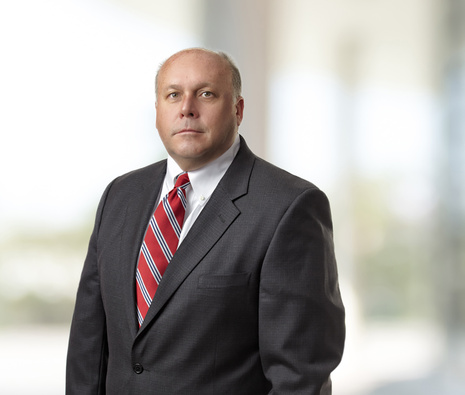Supreme Court Eliminates Objective Defense for Scienter in False Claims Act Cases
On June 1, 2023, the Supreme Court eliminated the “objectively reasonable” potential defense in False Claims Act cases, clarifying that the knowledge or scienter element for a False Claims Act (“FCA”) case is satisfied by proof that defendant knew or believed that the claims submitted to the government were false. The Supreme Court’s ruling reversed two Seventh Circuit decisions, which held that defendants could not have acted “knowingly” if their actions were consistent with an objectively reasonable interpretation of the legal authority at issue.
The two cases reviewed, United States ex rel. Schutte v. SuperValu Inc. and United States ex rel. Proctor v. Safeway, involved two pharmacies’ interpretations of Medicaid and Medicare prescription-drug coverage, which cap reimbursement for drugs at the pharmacies’ “usual and customary” charge to the public. The relators, however, alleged that the pharmacies offered discounts, but reported their higher retail prices rather than their discounted prices as their “usual and customary” prices. The district court in both Schutte and Proctor granted summary judgment in both cases because, while they arguably submitted false claims, the district court held that the pharmacies could not have acted “knowingly” if their actions were consistent with an objectively reasonable interpretation of the phrase “usual and customary.” Therefore, the Seventh Circuit concluded that the pharmacies could not be held liable even if the pharmacies actually thought that their discounted prices were their “usual and customary” prices, and, therefore thought their claims were actually false.
The Supreme Court, in its unanimous opinion delivered by Justice Thomas, overruled the Seventh Circuit and definitively held that “[t]he FCA’s scienter element refers to respondents’ knowledge and subjective beliefs—not to what an objectively reasonable person may have known or believed.” Therefore, “[w]hat matters for an FCA case is whether the defendant knew the claim was false.” Even if the phrase “usual and customary” was ambiguous on its face, that does not preclude a finding that the pharmacies knew their claims were false. If the pharmacies “correctly interpreted the relevant phrase and believed their claims were false, then they could have known their claims were false,” and could be held liable under the FCA, concluded the Supreme Court.
Going forward, this ruling squarely places the focus in FCA cases on what the defendant actually believed when submitting a claim, gutting a potential objective reasonableness defense based on potential expert testimony or post hoc interpretations to justify the claims. The Seventh Circuit’s objective “safe harbor” for reliance on reasonable interpretations is now a thing of the past. How this will affect discovery and other aspects of FCA litigation remains to be seen, but it appears that FCA plaintiffs will have to rely on evidence that the defendant, at the time of submitting the claim, (1) was actually aware the claims it was submitting were false (“knowing”), (2) was aware of a substantial risk that their claims were false, but intentionally avoided taking steps to confirm the truth or falsity of those claims (“deliberate ignorance”), or (3) was conscious of a substantial and unjustifiable risk that their claims were false, but submitted the claims anyway (“reckless disregard”). It appears it is no longer enough for a plaintiff to show that the defendants interpretation was wrong and that the defendant should have known that interpretation was wrong. Still, the Supreme Court’s decision seems to be limited to those cases where the evidence shows that a defendant thought its claims were inaccurate, yet submitted them anyway. While it remains to be seen how courts will handle cases where the defendants believed it was submitting accurate claims or did not know its interpretation was inaccurate (despite other interpretations), it appears likely that such scenarios would not incur FCA liability absent evidence of deliberate ignorance or reckless disregard.
About Maynard Nexsen
Maynard Nexsen is a full-service law firm of 600+ attorneys in 31 locations from coast to coast across the United States. Maynard Nexsen formed in 2023 when two successful, client-centered firms combined to form a powerful national team. Maynard Nexsen’s list of clients spans a wide range of industry sectors and includes both public and private companies.









